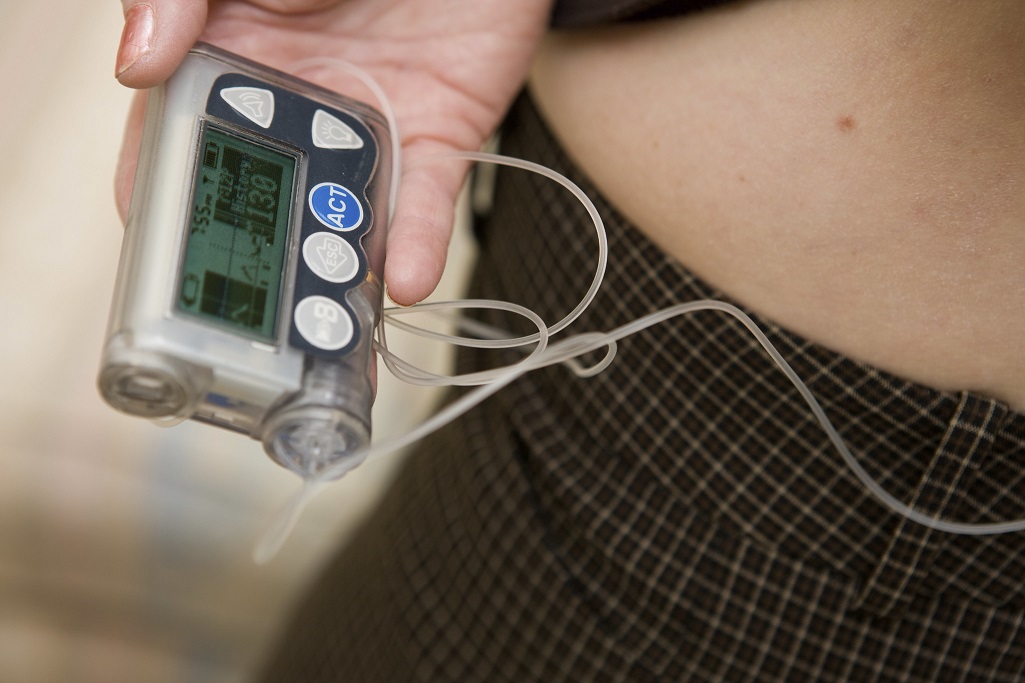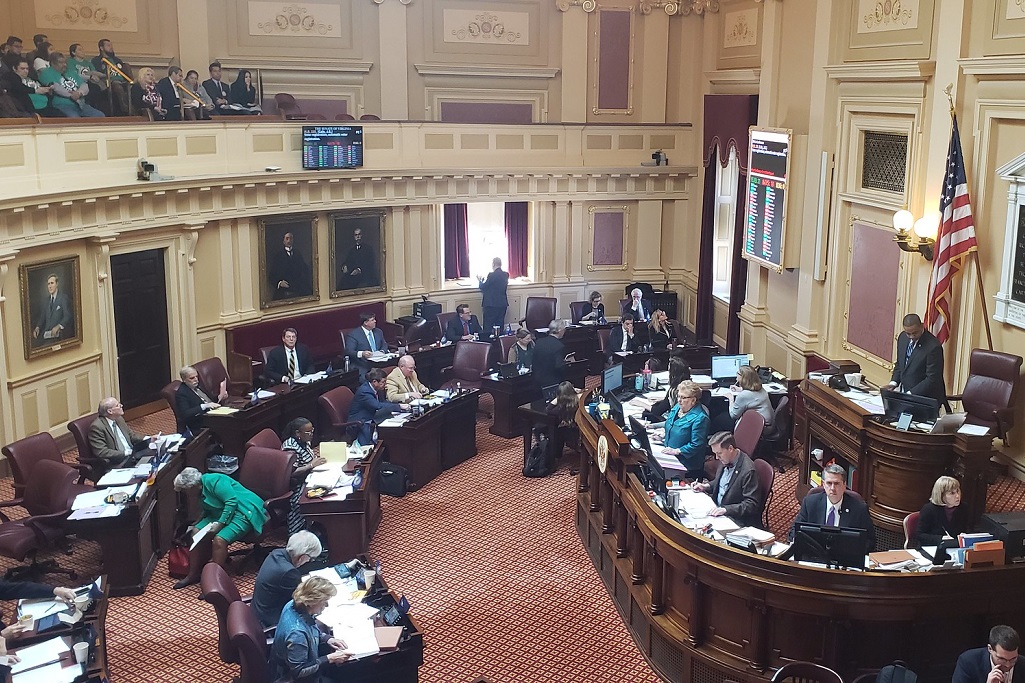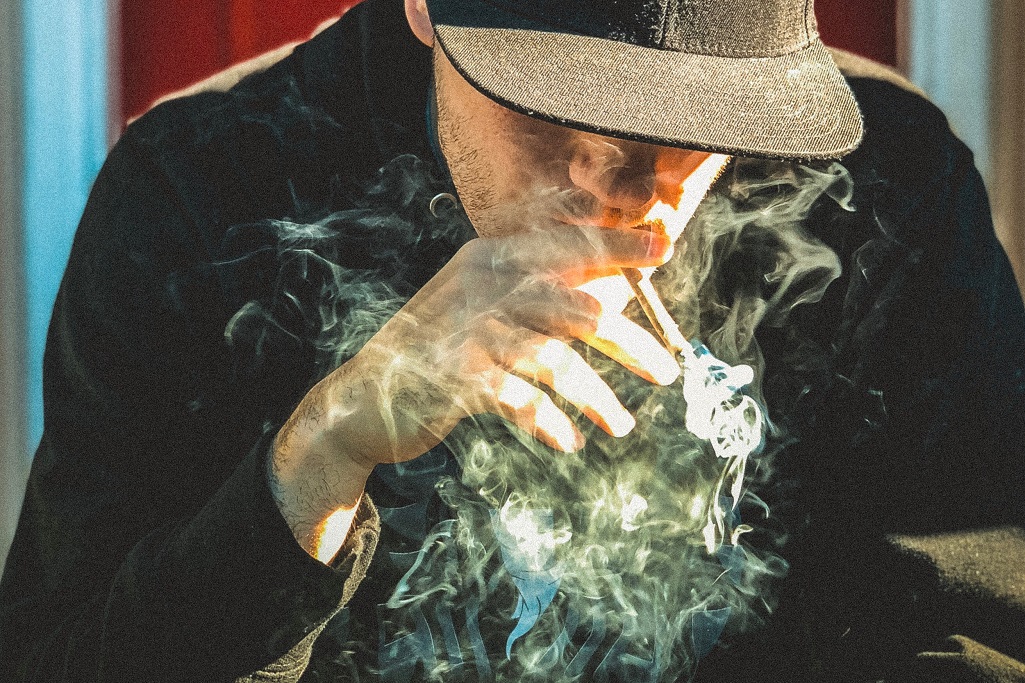The delay will push the first statewide minimum wage increase back by four months, to May 2021; some lawmakers view this delay as the lesser of two evils. Labor advocates and Virginia legislators worried the recently passed bill to increase minimum wage might die...





